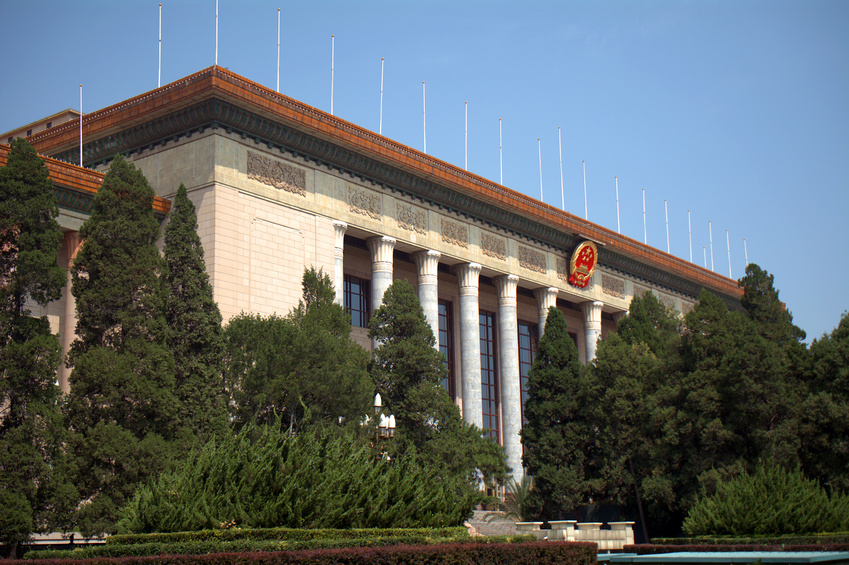The last 10 to 15 years has seen a significant increase in criminal enforcement against companies, and an increase in co-operation between states when investigating and prosecuting corporate crime. As a result, multi-jurisdictional companies (and their employees) are at greater risk than ever of becoming involved in a criminal investigation, whether as a suspect or a witness. It is therefore important that companies and their employees are aware of the process that will be followed if they are required to provide evidence as part of a criminal investigation, and how best to prepare for that process.
On 16 September 2020, the Italian Medicine Agency (AIFA) launched a public consultation on the new “Guidelines for the preparation of Dossiers supporting reimbursement and pricing applications”, in order to implement the Decree of the Ministry of Health dated 24 July 2020, establishing “Criteria and methods by which the Italian Medicine Agency establishes, through negotiation, the prices of medicines reimbursed by the National Health System”.
With Judgment No. 5063 of 17 August 2020, in line with the most recent case law, the Council of State confirmed that the equivalence criterion applies in the award of tenders for the supply of medical devices. According to said criterion, the assessment of bids with respect to the relevant technical specifications must be grounded on criteria of substantial conformity of the offered technical solutions and not to formalistic findings.
The new corporate liability provision under Section 17A of the Malaysian Anti-Corruption Commission Act 2009 (“Section 17A”) has come into force on 1 June 2020. As highlighted in our earlier client alert (see Link), a company may be held criminally liable under this new provision for acts of bribery committed by its directors, employees or other associated persons. The only defence available is for the company to prove that it has put in place adequate procedures designed to prevent these corrupt acts.
This new corporate liability provision applies not only to Malaysian companies, but also to foreign companies with businesses in Malaysia.
The horrific explosion that recently took place at the port of the city of Beirut is a tragedy for its people. The possible casues of the explosion has brought to mind the cases of maritime fraud that many observers overlook. In recent years, the shipping and maritime trade industry has witnessed a sharp increase not only in the number of fraud cases but also in the diversity and sophistication of fraud. Fraudsters are becoming more creative in laying out and executing their plans, including using modern technology such as computer hacking while also preserving some tried and tested traditional methods, such as document fraud. Ship owners are also finding themselves under pressure to earn new business and, to that end, many of them ignore exercising due diligence when dealing with new business partners. While ports are adopting new technologies this too has the potential to enable new certain types of fraud (such as automating container operations).
Businesses have to be adaptable when navigating the business and legal impact of the COVID-19 pandemic. Our Resilience,…
The Doing Business in China guide provides an introduction to selected aspects relating to investment and business operations in the People’s Republic of China (PRC or China) under current Chinese laws and policy. China is a vast country, where national laws, local regulations and implementing procedures provide a complex…
In view of the health crisis in Latin America following to the outbreak of COVID-19, as well as…
Please join us for a new weekly video series, hosted by Baker McKenzie’s North America Government Enforcement partners Tom Firestone and Jerome Tomas.
This weekly briefing is available on demand and will cover hot topics and current enforcement actions related to white collar crime and criminal investigations in the US and abroad to arm you with the information you need to start your business week.
As one of the largest global law firms, we will call upon our exceptionally deep and broad bench of white collar experts throughout the world and particularly in the commercial hubs of Europe, Asia, Africa and Latin America to join our weekly discussion series.
In a recent appeal before the Honourable Chief Justice Sundaresh Menon involving two individuals who had participated in public sector corruption (Public Prosecutor v Wong Chee Meng and another appeal [2020] SGHC 144), the High Court set out a new sentencing framework for corrupt transactions which take place in relation to contracts with the Government or public bodies under s 6 read with s 7 of the Prevention of Corruption Act (Cap 241) (the PCA).



